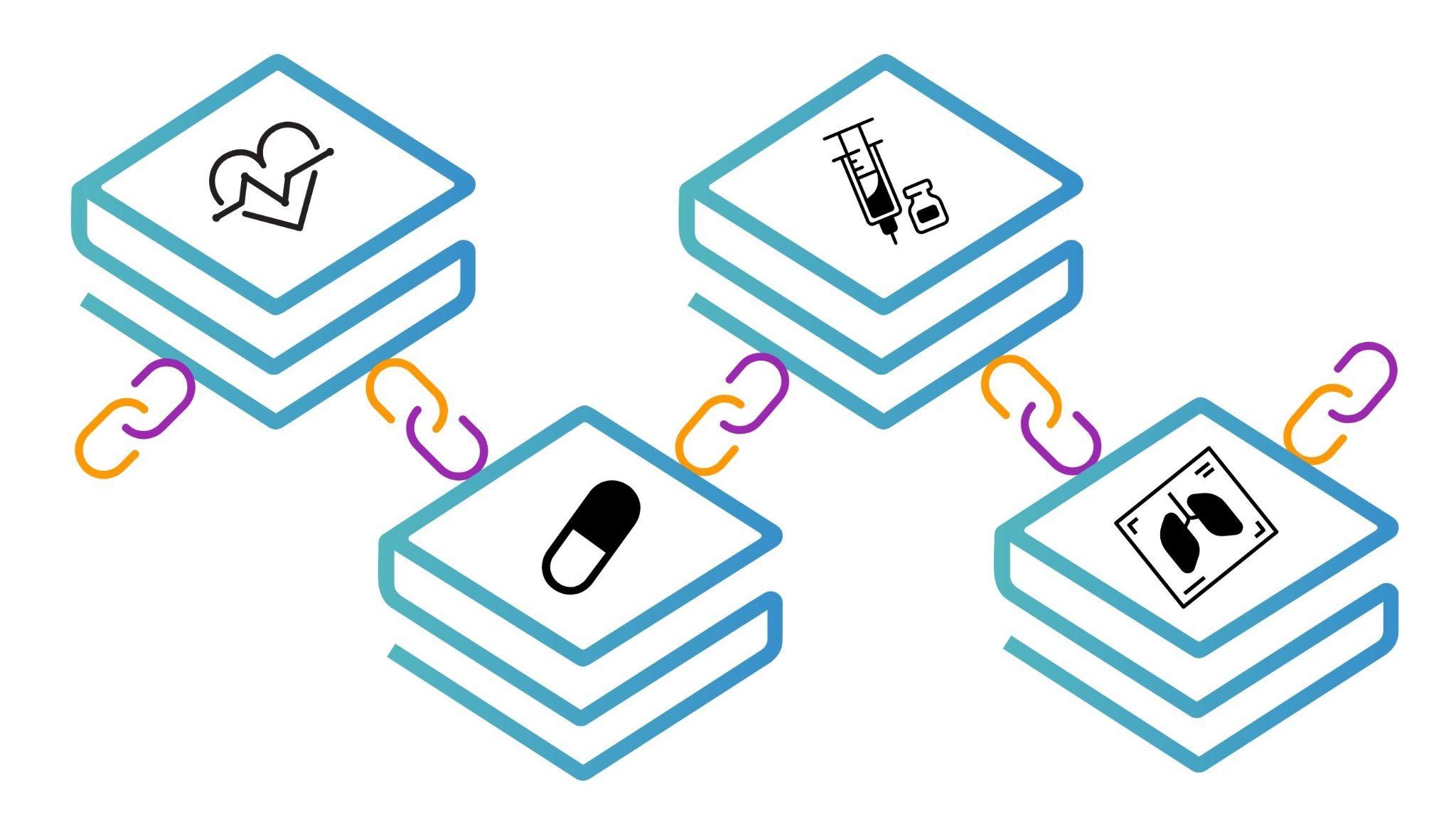


ARIZONA - The ubiquitous adoption of modern electronic health records (EHRs) has fostered the storage, management, and sharing of virtually all of an individual’s protected health information (PHI).1 This PHI includes everything from a patient’s address to their heart rate variability during a morning run to X-ray images. Rich, mushrooming PHI stores are gold mines for artificial intelligence (AI) models in healthcare, especially deep learning (DL) models that require heaps of data. However, the adoption speed of healthcare-specific cybersecurity needed to protect PHI snails in comparison to the rapid growth of data storage and sharing capabilities via EHRs, cloud computing, and patient portals. Without proper security measures, these capabilities are merely digital castles made of sand.

Cybersecurity Weak Points Have Costed Healthcare Billions
The cost of protecting these digital castles is steep, yet the healthcare industry remains incredibly vulnerable when it comes to cyberdefenses. In a recent survey,2 73 percent of healthcare organizations reported their security measures unfit to respond to cyberattacks, and 96 percent of IT professionals agreed that data infiltrators are able to outsmart their own institution’s cybersecurity. Additionally, the survey estimated healthcare to spend US$134 billion on cybersecurity from 2021 to 2026, leading 82 percent of chief information and security officers to comment that current finances for cybersecurity and cybercombat are lacking, misallocated, and only spent after data breaches occur.2 With the
The content herein is subject to copyright by The Yuan. All rights reserved. The content of the services is owned or licensed to The Yuan. Such content from The Yuan may be shared and reprinted but must clearly identify The Yuan as its original source. Content from a third-party copyright holder identified in the copyright notice contained in such third party’s content appearing in The Yuan must likewise be clearly labeled as such. Continue with Linkedin
Continue with Linkedin
 Continue with Google
Continue with Google









 5106 views
5106 views








